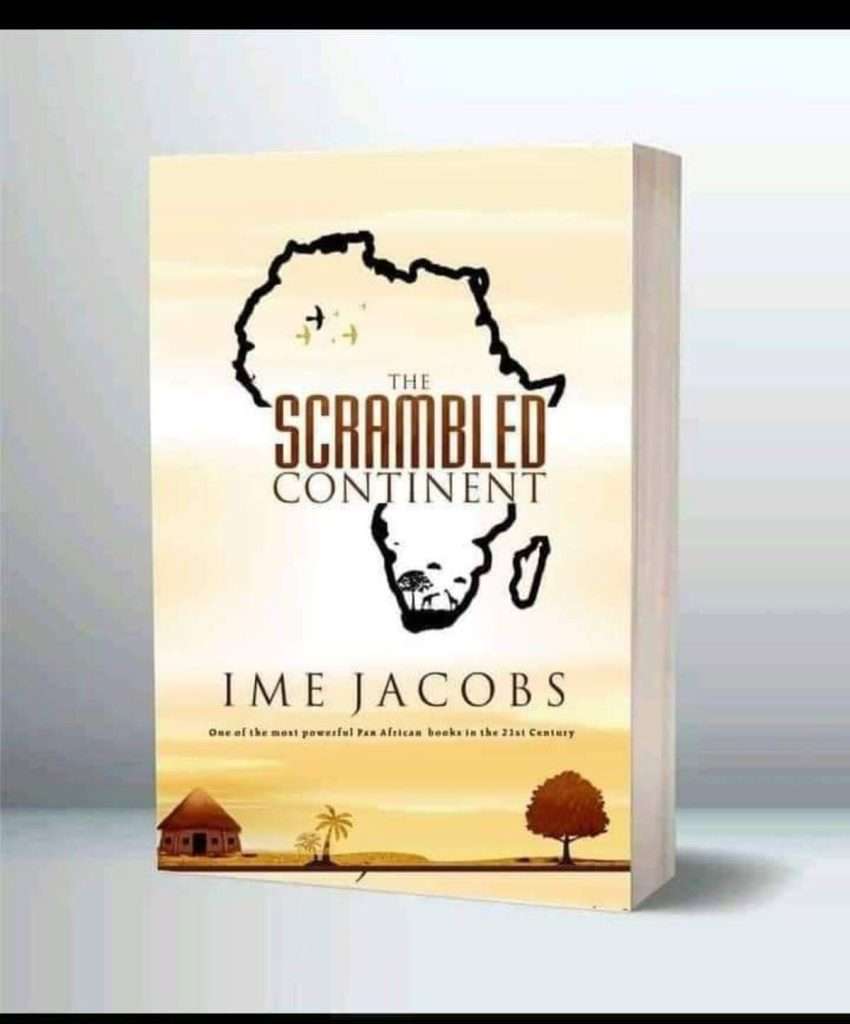In 1884, a former Prime Minister of France, Jules Ferry said “The higher races have a right over the lower races; they have a duty to civilize the inferior races” Jules Ferry just like other proponent of colonialism inspired the scrambled for Africa, making Africa – The Scrambled Continent. While French colonies were subjected to direct rule by France, British colonies experienced indirect rule where local chiefs (or elites) were used for political administration.
Reflecting on the struggle for independence, the first President of Guinea, Sekou Toure, echoed that it was better for his country to live in poverty than to live in ‘riches in slavery’ as part of the French community.
“We prefer freedom in poverty than slavery in opulence” – Sekou Toure
Historically, the desire to exploit raw materials from Africa based on revelations from adventurers and authors like Henry Stanley fueled the 1884–1885 meeting of the 14 European countries and the United States in Berlin, which led to the invasion of Africa by European countries.
In my book, The Scrambled Continent, which is dedicated to unraveling the intricate backdrops of themes that continue to define Africa’s post-independence trajectory, I did thorough research and poignant analysis that captured the essence of a continent grappling with the complexities of nation-building, governance, economic development, and social justice.
The title, “The Scrambled Continent,” encapsulates the paradox of a land once rich with promise and potential, now mired in a myriad of challenges. The intent is not to cast a gloomy pall over Africa but rather to ignite a thoughtful and honest dialogue about the realities it faces. This book is an earnest attempt to amplify the voices of those who have long been sidelined in discussions about Africa’s past, present, and future.
The questions beckons “Is Africa truly liberated?”
To get a copy of the book click here
To book me for a presentation, kindly reach me via WhatsApp

